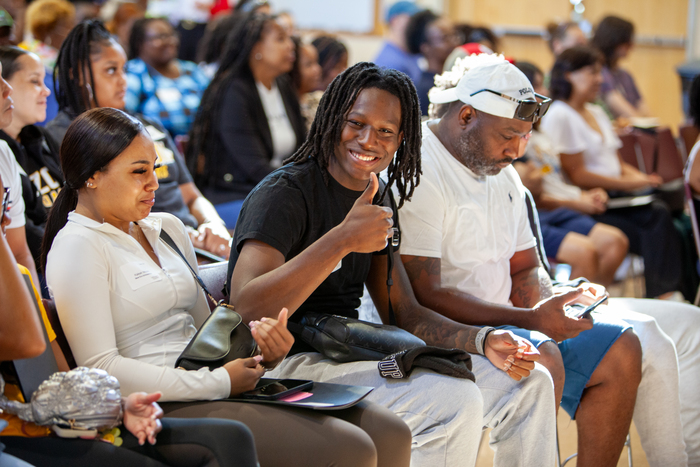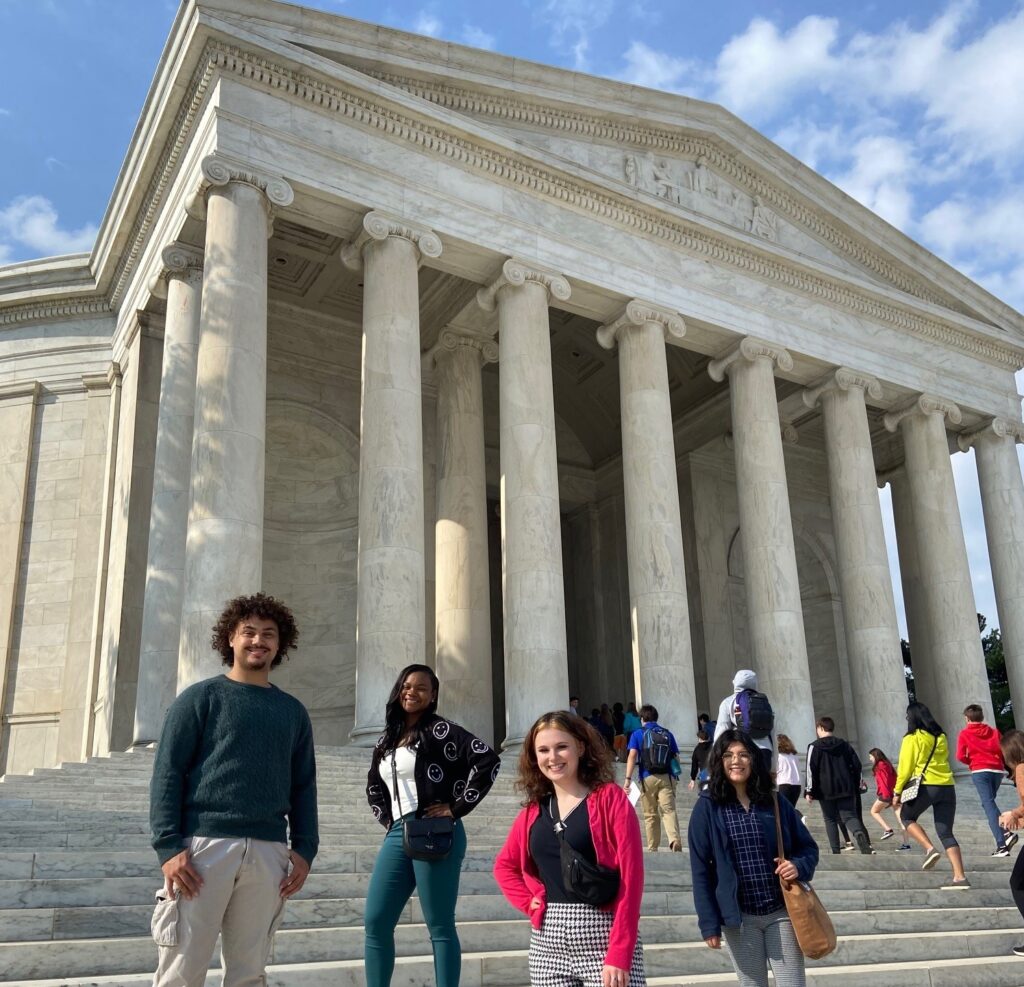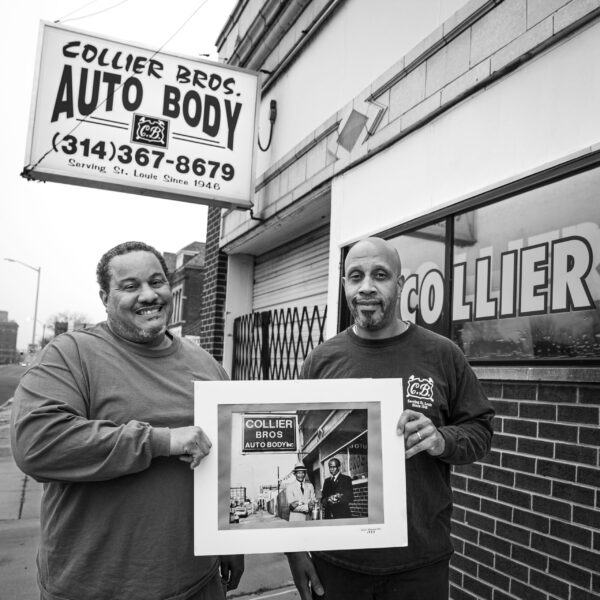Dear Readers:
I have invited Alisson Morales to be a guest blogger this week. Alisson Morales is Senior Policy Fellow with The Scholarship Foundation of St. Louis. She will graduate in 2021 from Southern Illinois University-Edwardsville, with a bachelor’s degree in Political Science.
Alisson is setting forth policy positions and leading actions on immigration issues in her capacity with The Scholarship Foundation of St. Louis and the League of Student Advocates. At present, the higher education budget being deliberated by the Missouri General Assembly continues to direct tuition and financial aid policy at state public colleges and universities to deliberately further disadvantage undocumented students.
For more information and action alerts, follow @SFofStL and @TheLSAMO on Twitter.
But first, please take this tour with Alisson.
-Faith
Undocumented in Missouri: A Guided Tour
 Due to the year’s lockdowns and quarantines, most St. Louisans have experienced what it is like to be isolated, confined indoors or away from others, and constantly uncertain what threat will come next. In the process, many have been provided a small glimpse into some of the experiences common to everyday life among those undocumented in Missouri. Perhaps a guided tour through some of the stops required of undocumented students on the journey to and through college will make clearer the torture of requiring triple tuition of those who struggle to pay basic household bills and providing them none of the support other taxpayers receive.
Due to the year’s lockdowns and quarantines, most St. Louisans have experienced what it is like to be isolated, confined indoors or away from others, and constantly uncertain what threat will come next. In the process, many have been provided a small glimpse into some of the experiences common to everyday life among those undocumented in Missouri. Perhaps a guided tour through some of the stops required of undocumented students on the journey to and through college will make clearer the torture of requiring triple tuition of those who struggle to pay basic household bills and providing them none of the support other taxpayers receive.
Family comes first, so this tour starts there. Imagine remembering very little about a homeland other than this one, knowing how much risk and sacrifice your parents took to keep you safe. At the age of 12 your father, who worked three jobs, is deported. As the oldest you now share your mother’s responsibility to raise, feed, and shelter your siblings. How much grief and fear would settle in your bones and affect your sleeping and eating and thinking?
One of the most important stops on the tour is school. Here, for a while, compared to everywhere else, you are safe. Your curiosity has never been greater. You love the security of the routines, classmates who have their own challenges and growing up to do, just like you. You do all the things, from honor roll to prom to volunteering at community events to doing your 50 hours as a student teacher for your SAMS class. Then suddenly, without warning or much explanation, you find that everything your classmates are entitled to do next is closed to you. What will you say when everyone asks what college you’ll be attending? Will your stomach sour and your body shiver even though it is warm in St. Louis in May?
Hard work is not just a stop on the tour, but it is the only way. From working in pizza shops, call centers, and restaurants to running laps serving tables, you will be using wages to pitch in for groceries, rent, utility bills, car insurance, phone bills (you get the idea). Working two jobs while going to school full time and having an internship does damage to your body and your mental health. Your feet ache after Sunday night’s patio shift. How would you find the energy to go to class on Monday after just three hours of sleep?
Graduation from university is the last stop on this particular tour. Imagine living in a state that puts language in the higher education budget (rather than in legislation or law) stating that undocumented students are to be charged the highest tuition rate possible, double or triple what the cost should be. Imagine hoping colleges will act fairly anyway, when you know the language threatens to withdraw their state funds. Suppose you come to understand you’ll be punished with excessive rates of tuition, and then learn that no public scholarships funds are provided for undocumented students.
Ok, so what are your options? You are a low-income person living paycheck to paycheck, a Missouri resident required to pay double when everyone knows that is unlikely. Maybe you’ll look to other universities for support, private schools or colleges in other states. These options also carry costs. A nearby state, Illinois or Kansas for example, may charge all students in-state tuition. Your commute to class can be almost an hour and you make the drive (round trip) four or five days a week. This is now costing you a great deal of time, wear and tear, and money. But you’ll remember from our previous tour stops, that you do not have time or money. So what will you do? Will you give up when it becomes too much, or will you fight to find a way to show your younger siblings that when a door slams on your face you can always find a window out of which to crawl?
This ends our tour.
We’re asking everyone who reads this blog to check out this toolkit and call members of the Missouri Senate appropriations committee. Get the toolkit here: https://bit.ly/ToolkitHB2003. The toolkit includes talking points, a list of Senators to call, social media graphics, and sample social media posts.





